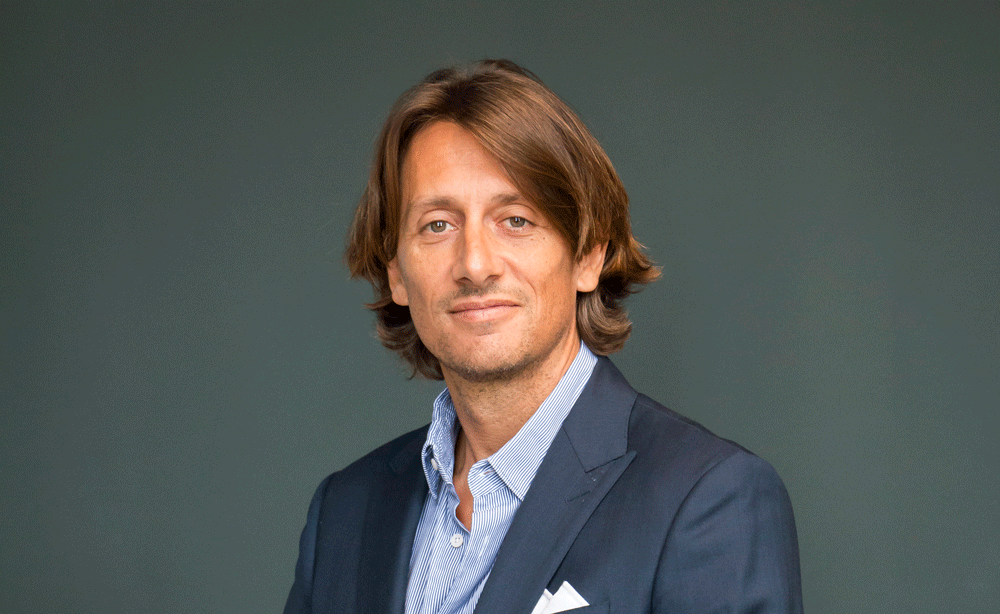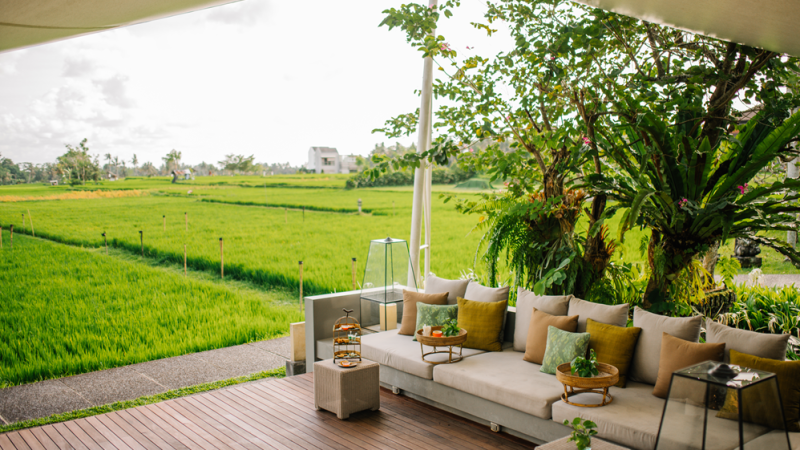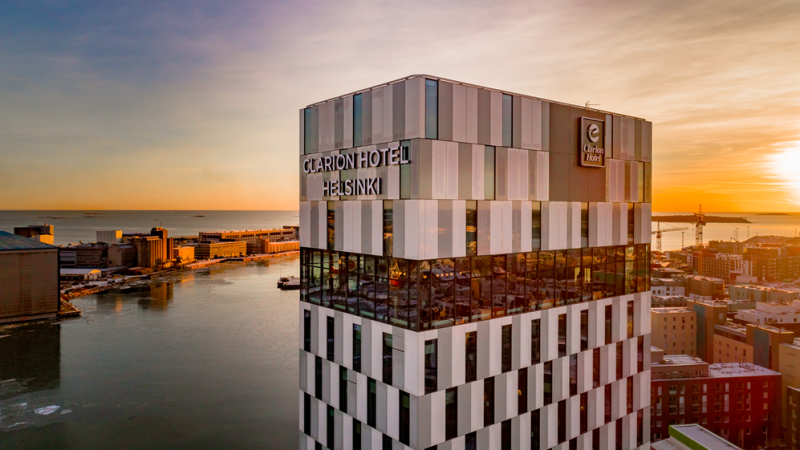Over the last two decades, Arnaud Zannier, the founder and CEO of Zannier Hotels, has pioneered original concepts and innovations in the lifestyle industries, focusing on ‘authentic and elegant simplicity’ fully in line with local environments while providing the utmost comfort.
“With a background in the fashion industry, I decided to start a new adventure – I had some ideas to develop a new kind of luxury hotel approach within the hospitality world,” he says.
These ideas successfully materialised in 2011 when he opened Le Chalet, the first Zannier property. Located in Megève, in the French Alps facing the Mont Blanc range the facility consists of three alpine chalets that provide 12 exceptionally large suites, a gourmet restaurant and wellness spa. From there, the company evolved to offer five more hotels in France, Namibia, Cambodia and Vietnam.
“From the very beginnings, my initial idea was to create a new brand in the high-end hospitality segment. With the financial support of my family, we have over the years established a strong statement and a clear positioning as a brand. Gradually we started to be recognized within the industry, and noticed by external investors”, Zannier reflects.
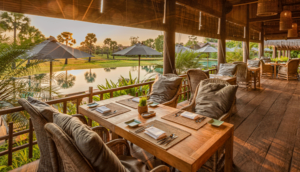 Enriching experience
Enriching experience
He explains that the resorts have been built using the “Simple Mastery” approach, which emphasizes authenticity, customization, immersion, and sustainability. All projects are crafted by the acclaimed Zannier Interior Design Studio, ensuring a unique and masterful touch.
The resulting understated elegance, with design drawn from local traditions, experience rooted in cultural discovery, authentic cuisine and a complete focus on guests’ wellbeing, have become the signature hallmarks for Zannier Hotels in each country.
The company today runs a collection of several award-winning hotels, resorts and lodges, as well as private residences for individual stays that reflect the same concept, reflecting the destination’s unique culture. Similarly to the resorts, each Zannier Private Estates’ residence radiates an inspiring design, a curated adventure, and a focus on wellbeing in balance with the natural world.
Zannier explains that the approach of ‘a more humble luxury’ came at the right time. “In 2010, the time of a financial crisis, the most iconic hotels continued to market themselves as grand, working with big names in architecture and hospitality, replicating the same concept all over the world.”
“On the contrary, we focused on individuality rooted in the local culture. Based on my own travel experience, I wanted to achieve a pure, immersive experience reflecting the local conditions and local history. Today, the trend of boutique hotels is more common and increasing but we were amongst the first to tap into this demand.”
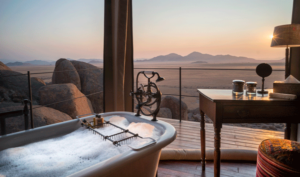 Local and sustainable
Local and sustainable
This focus on local is reflected in everything Zannier Hotels does – from architecture and interior design to the supply chain, operations and guest experience, the aim is to promote traditional values and ways of life.
“The vast majority of our staff are locals and although recruiting talent locally may be a bit of a challenge sometimes, preserving the local character of each of our property is very important to us,” says Zannier. “For example, we really make the effort to always create menus fully inspired by the local culture and try to source as many products as possible from the local market. If we can’t get it locally, it won’t appear on our menus.”
The support of local communities is also a priority for the company. For example, its Phum Baitang resort in Cambodia actively addresses educational challenges by undertaking projects to repair school buildings and consistently supplying essential resources such as study materials to benefit over 500 students in the area. The company also established two orphanages to support underprivileged children in building a promising future.
Similarly, respect for the natural environment is reflected in every aspect of Zannier Hotels’ operation. “We choose specific construction methods, specific architecture to blend with nature, to blend with the surroundings, which also helps us to achieve the lowest carbon footprint possible,” affirms Zannier.
To this end, the company strives to reduce single-use plastics and achieve the highest rates of recycling and repurposing. These efforts have been globally recognised – in June 2024 Zannier Phum Baitang once again proudly received the prestigious Green Globe Certification, with a score of 91%. The certification recognizes the resort’s efforts towards sustainability, notably in managing and reducing waste, cultivating an organic garden, and implementing initiatives to empower the local community.
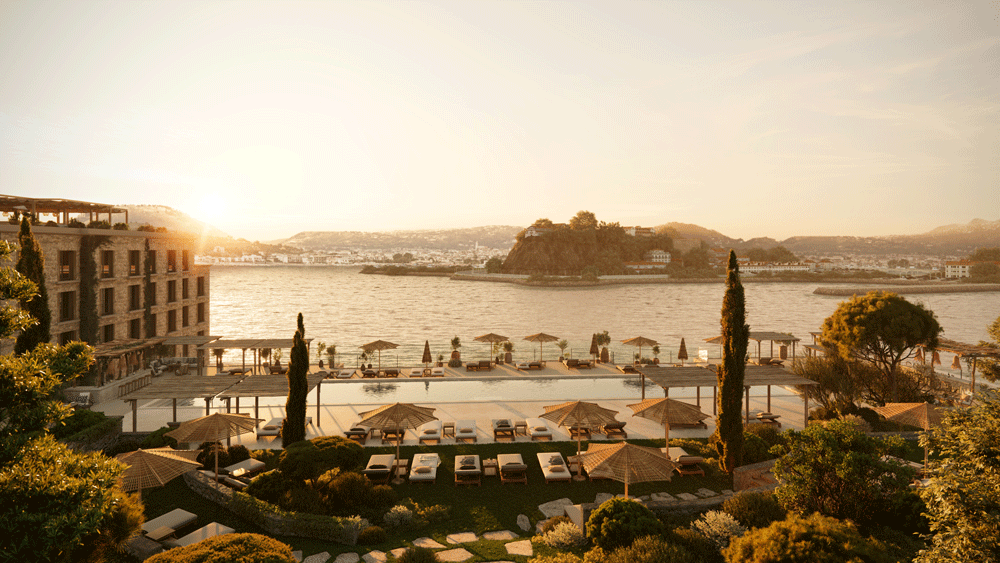
Exciting pipeline
When asked about his plans for the future, given the sharply increasing demand for personalised travel experiences, Zannier affirms that the company has exciting projects in the pipeline – Zannier Bendor in the south of France (to be opened by May 2026) and Zannier Zardun in Saudi Arabia (to be opened in 2028).
The iconic French private island Île de Bendor, facing the city of Bandol in Provence, is set to become the Zannier Hotels European flagship. Located in a prime position on the Côte d’Azur, with a particular focus on sustainability, the project will be the second for Zannier Hotels in the homeland of the brand’s founder.
In the Middle East, the company plans to develop and manage Zannier Zardun, a new luxury eco-resort in the north-west of Saudi Arabia, on the coast of the Gulf of Aqaba. The resort will be located in a carefully restored semi-desertic landscape and will feature 100 rooms and suites across three signature buildings, again built fully in line with environmental considerations.
Zannier affirms that the business continues to rest on the same principles on which it was founded. “We are still in a way artisans, and we love to create beautiful places. This is what people increasingly demand. Reflecting this demand, we are in discussions about potential new opportunities, possibly in Europe or North America. So right now, we are very busy, and there seems to be a busy time ahead.”
